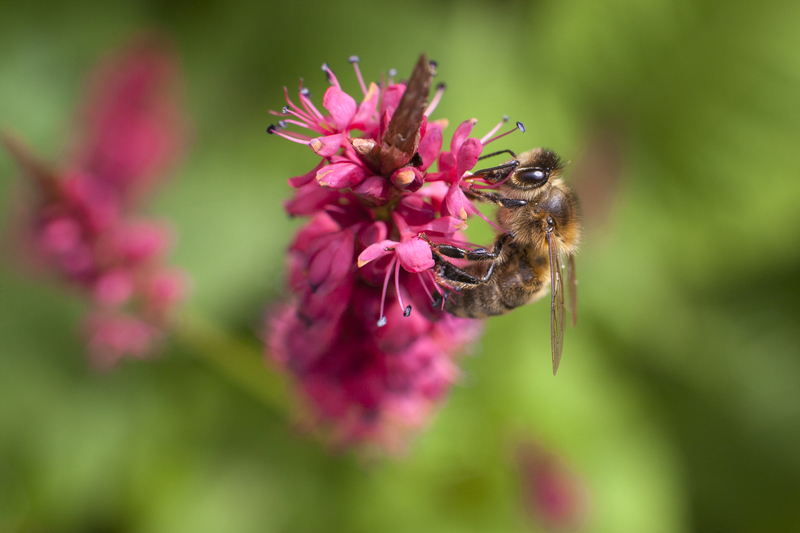The Destructive Nature of Invasive Species: Strategies for Eradicating Ivy
Posted on 18/09/2024
Invasive Species: A Growing Threat
Invasive species are non-native plants and animals that are introduced into a new environment where they have the potential to cause harm. They can come from other countries or regions within the same country and can spread quickly due to a lack of natural predators or control measures. One of the most widespread and destructive invasive species is English ivy (Hedera helix), which has become a major problem in many parts of the world. This article will explore the destructive nature of ivy and strategies for eradicating it.

The Impact of Ivy
English ivy was brought to North America in the 1700s as an ornamental plant. However, it quickly spread and has now become a major threat to native vegetation. It grows aggressively, smothering and outcompeting native plants for light and nutrients. Its thick foliage also shades out other plants, preventing them from growing. As a result, biodiversity decreases, and important habitats for wildlife are destroyed.
Moreover, ivy can also cause structural damage as it climbs up trees, buildings, and walls with its extensive root system. The weight of its vines can weaken trees, making them more susceptible to wind damage. When it covers buildings, it can trap moisture, leading to rot and decay. In addition, ivy can harbor pests such as rats, which can spread diseases to humans.
Strategies for Eradicating Ivy
Prevention is the best strategy when it comes to invasive species like ivy. Homeowners should avoid planting it in their gardens and instead opt for native ground coverings or alternative ornamental plants that are less aggressive.
If you already have ivy on your property, there are several methods you can use to eradicate it:
Mechanical Control
This involves physically removing the ivy by hand, using tools such as shovels, rakes, and pruners. This method is effective for small areas, but it requires diligence and regular maintenance to prevent new growth.
Chemical Control
The use of herbicides can be an effective way to kill ivy. Glyphosate, a common herbicide used for ivy control, works by killing the plant's leaves and stems. It can be sprayed directly on the foliage or applied to the plant's cut stems. However, it is crucial to follow the manufacturer's instructions carefully and avoid applying it near water sources or other sensitive plants.
Biological Control
Introducing natural enemies of ivy, such as insects or fungi, can help reduce its growth and spread. However, this method must be carefully researched and monitored to avoid unintended consequences and potential harm to native species.
The Pros and Cons of Eradicating Ivy
While there are clear benefits to eradicating ivy, there are also some potential drawbacks to consider. On one hand, removing ivy can help restore native habitats and promote biodiversity. It can also prevent structural damage and decrease the risk of pest infestations. On the other hand, removing large amounts of ivy can be labor-intensive and costly. Moreover, it may take several rounds of treatment before successfully eradicating it completely.
Tips for Eradicating Ivy
If you decide to tackle ivy removal on your property, here are some tips to help you do it effectively:
- Always wear protective gear when working with ivy.
- Start from the top and work your way down when removing vines from trees or walls.
- Regularly check for regrowth and continue treatment until all ivy is eradicated.
- If using herbicides, be careful not to harm other plants and follow all safety precautions.
- Dispose of ivy responsibly to prevent it from re-establishing elsewhere.

Takeaways
Invasive species such as English ivy can have devastating effects on native ecosystems. Eradicating them requires a combination of prevention, mechanical, chemical, and biological control methods. While it may take time and effort, the benefits of removing invasive ivy far outweigh the costs.
Conclusion
In conclusion, the destructive nature of invasive species like English ivy cannot be underestimated. It is essential to take action to prevent its spread and eradicate it where it has already taken hold. By following the strategies and tips outlined in this article, we can all play a part in preserving our native habitats and protecting our environment from the harmful effects of invasive species. So let's do our part in keeping our environment healthy and free from invasive species like English ivy.



